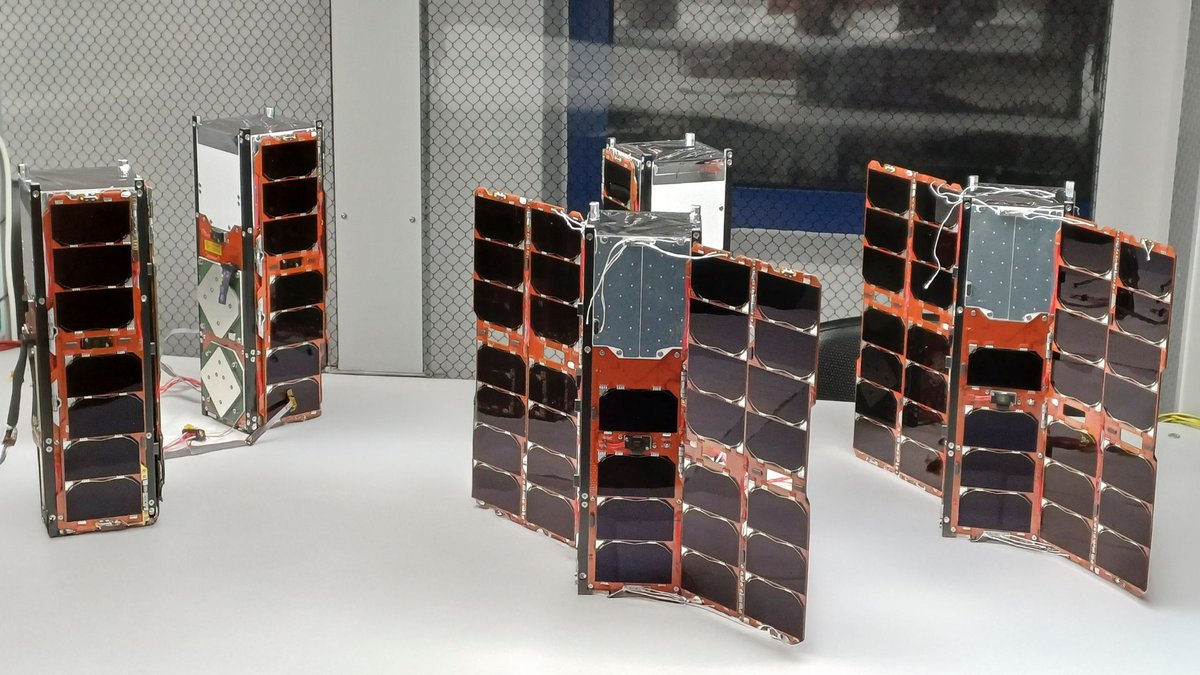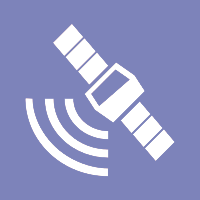Suggested Edit for Satellite
Suggested by geoscan on: 2025-05-31 11:53
Citation: https://www.space-track.org/basicspacedata/query/class/satcat/NORAD_CAT_ID/63242/format/html/emptyresult/show
Verdict: Approved
Reviewed by - on: 2025-08-20 09:46
| Name | HERMES H1 |
| NORAD ID | 63242 |
| Followed NORAD ID | - |
| Alternative Names | - |
| Description | The six nanosatellites are clustered in a Sun-synchronous orbit at an altitude of about 500-520 km. They will be able to detect and locate random astronomical events such as gamma ray bursts, sending a warning to the scientific community within minutes. These six CubeSats are designed to be a real breakthrough in the field of multi-messenger high-energy astrophysics and the use of nanosatellites for challenging space missions. The constellation created under the direction of the ASI is able to continuously monitor almost the entire sky, and to transfer the coordinates of cosmic events thanks to its co-pointing capability. Funding for the mission came mainly from the ASI, with technical and scientific contributions from the National Institute for Astrophysics (INAF), the Politecnico di Milano (POLIMI), and the University of Cagliari (UNICA). |
| Owner/Operator | - |
| Status |
|
| Countries of Origin | |
| Website | - |
| Dashboard URL | - |
| Launch Date | March 15, 2025, 6:43 a.m. |
| Deploy Date | - |
| Image |  |
| Field | Previous | Suggested |
|---|---|---|
| NORAD ID | 98615 | 63242 |
| Followed NORAD ID | 63242 | - |
| Description | - | The six nanosatellites are clustered in a Sun-synchronous orbit at an altitude of about 500-520 km. They will be able to detect and locate random astronomical events such as gamma ray bursts, sending a warning to the scientific community within minutes. These six CubeSats are designed to be a real breakthrough in the field of multi-messenger high-energy astrophysics and the use of nanosatellites for challenging space missions. The constellation created under the direction of the ASI is able to continuously monitor almost the entire sky, and to transfer the coordinates of cosmic events thanks to its co-pointing capability. Funding for the mission came mainly from the ASI, with technical and scientific contributions from the National Institute for Astrophysics (INAF), the Politecnico di Milano (POLIMI), and the University of Cagliari (UNICA). |
| Image |

|

|